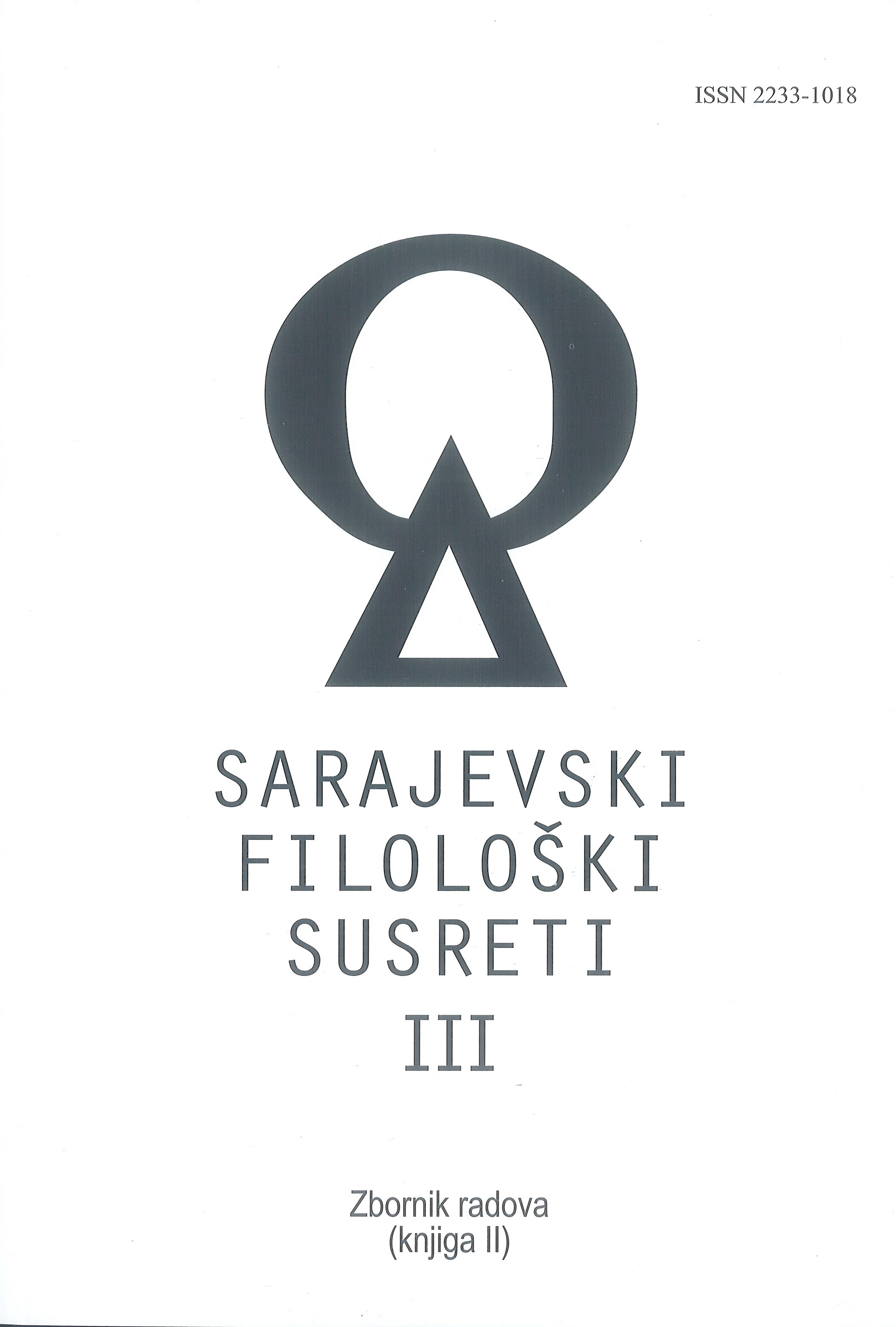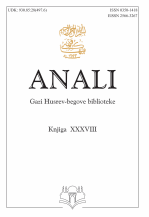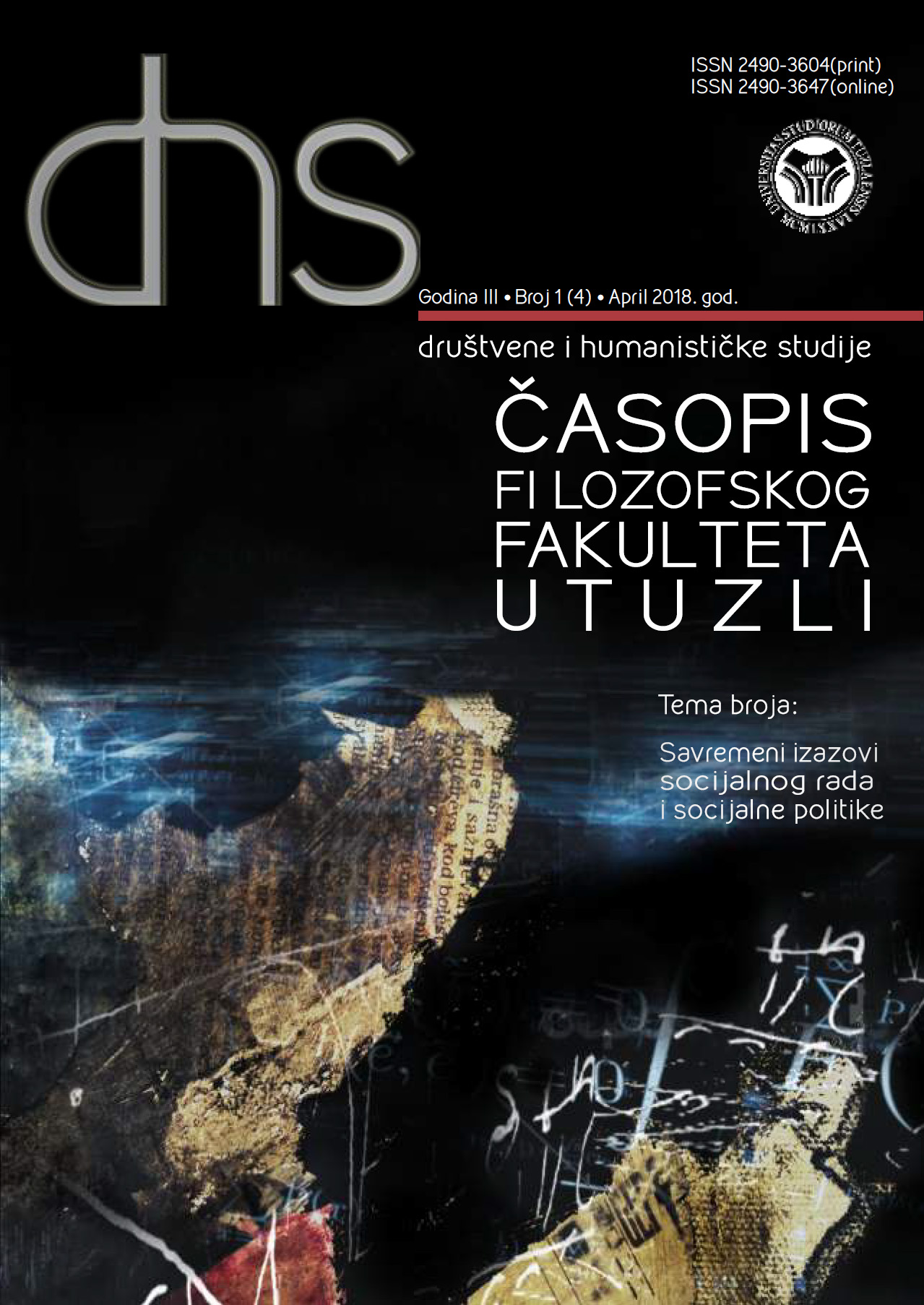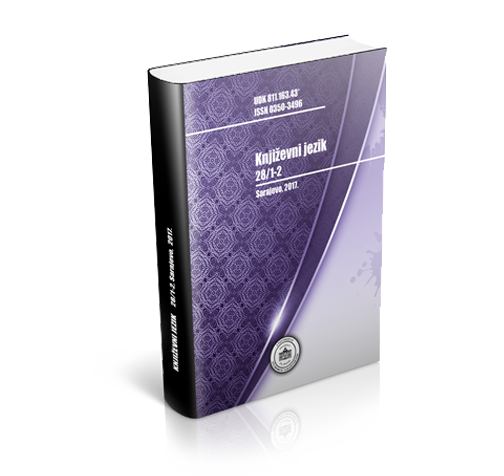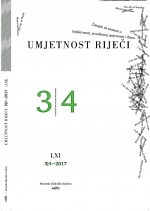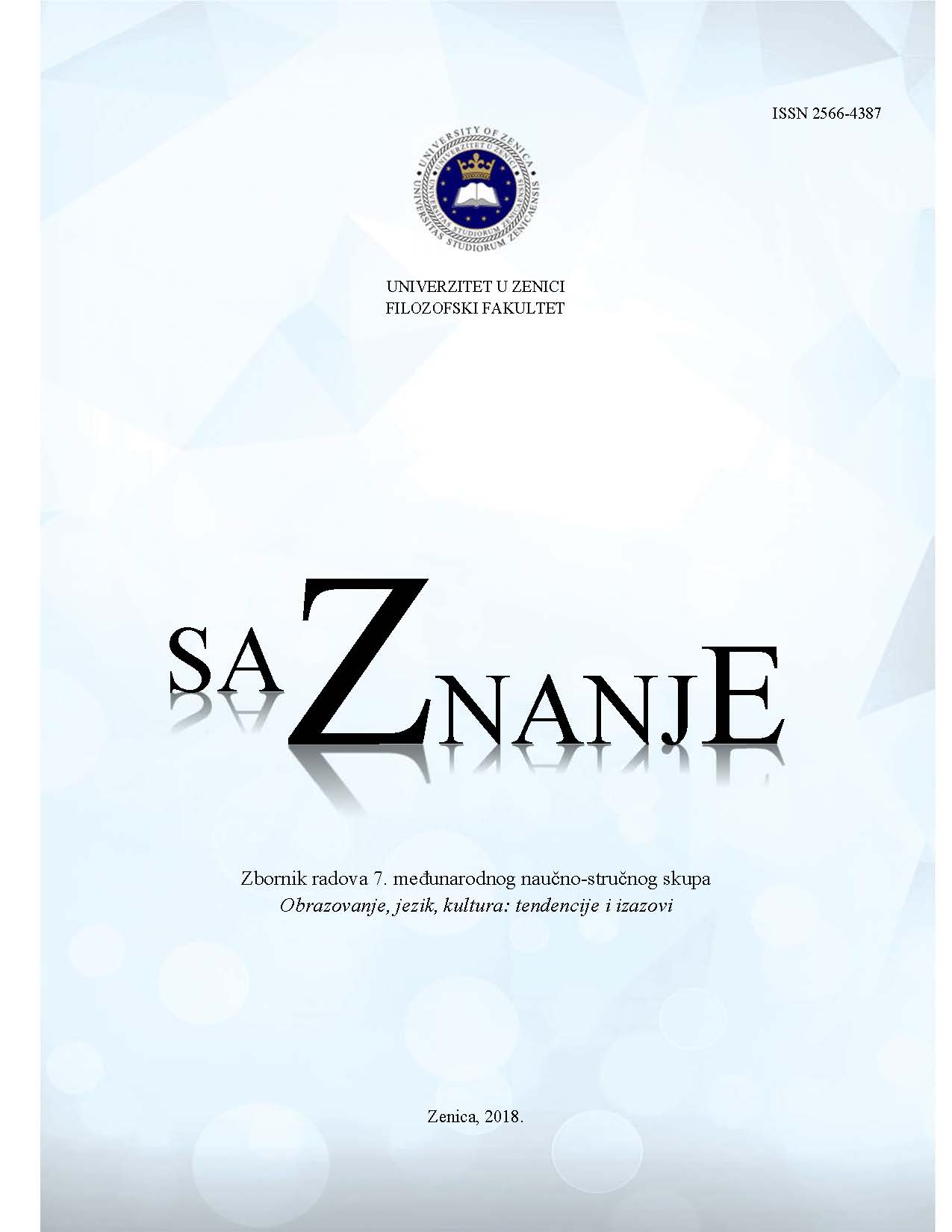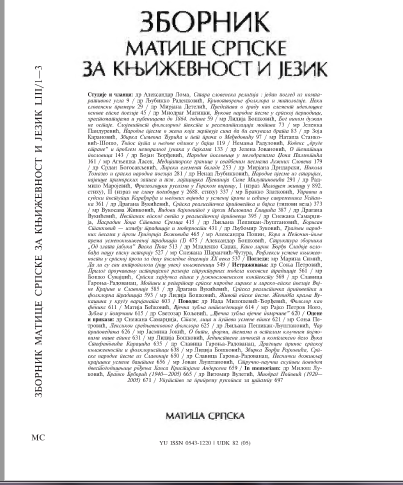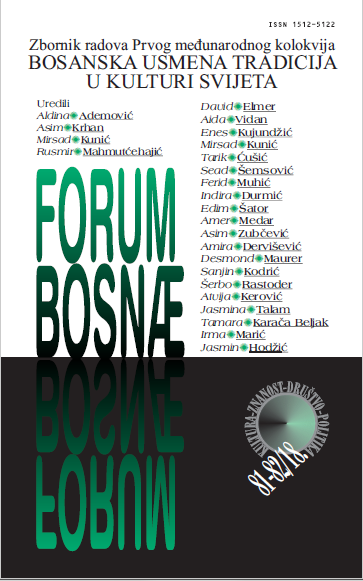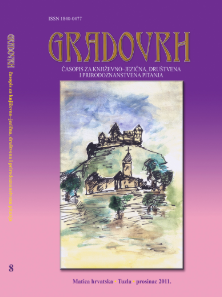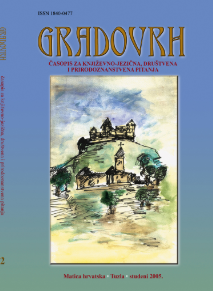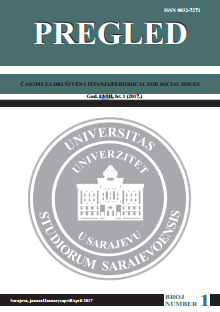
Ironija kao modus kulturalnog pamćenja: Intertekst srednjovjekovnih povelja i epitafa u Dizdarevom Kamenom spavaču
In the light of the fact that noted connections between middle-aged Bosnian texts and poetic collection "Stone Sleeper" are a general place for local critical discourse, results of the exact analysis, which show that only ten or so such middleaged epitaphs and charters show establishment of a relationship of explicit intertextuality (citation) with songs from this book, might seem surprising. This work dealt with those connections by methodologically leaning on classification of model of intertextuality offered by a German culturologist and Slavic Studies expert Renate Lachmann. Citation procedure with appropriate meta-creative gesture was used in cases when: (modul A) prototextual resource was in its basic sensea "concrete universal", (modul B) author's intention was oriented towards specification and illustration of certain ideologemes important for Mak's vision of Bosnian and human general history. Results of this analysis showed that Dizdar's intertextually based conception of cultural remembrance with regards to Bosnian history is as much affirmative as it is able to do an ironic deflection from ideological conjunctures and reductionisms.
More...
